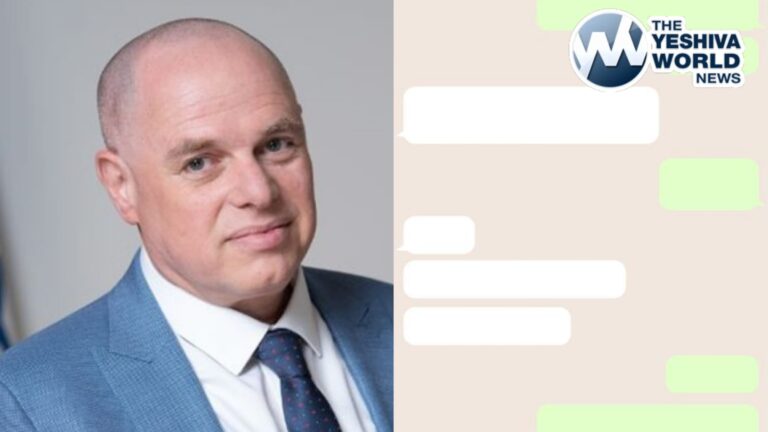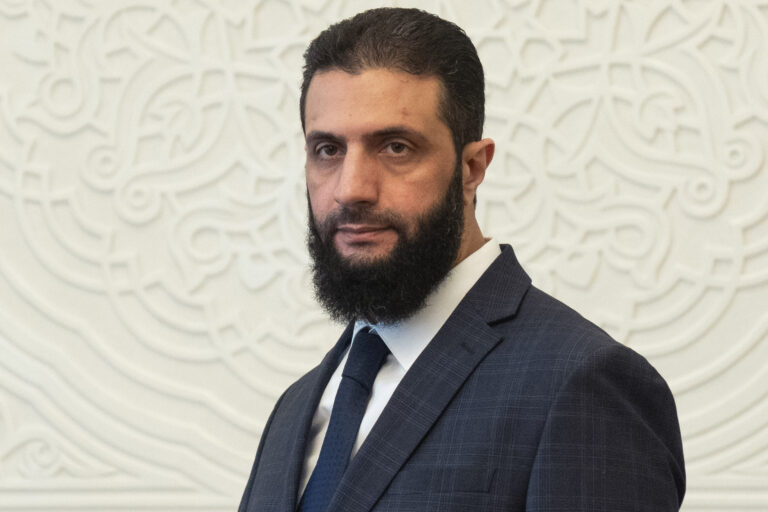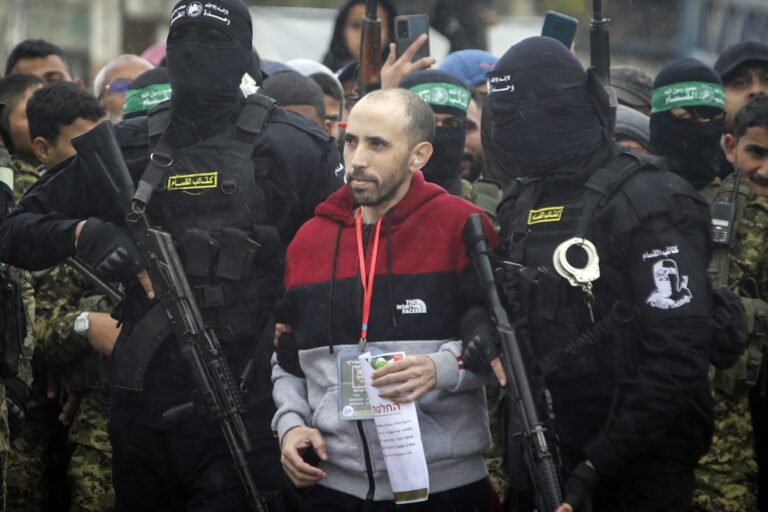 Israel has agreed to give the United States the know-how needed to produce interceptors used by the vaunted Iron Dome rocket shield, but it is not interested in any proposed co-production yet, an Israeli official told Reuters Thursday.
Israel has agreed to give the United States the know-how needed to produce interceptors used by the vaunted Iron Dome rocket shield, but it is not interested in any proposed co-production yet, an Israeli official told Reuters Thursday.
Using radar-guided interceptor missiles, Israel’s Iron Dome defense system shot down 421 of some 1,500 rockets launched from the Gaza Strip between Nov. 14 and an Egyptian-brokered truce on Nov. 21, according to the Israeli military.
Co-production is not an option “right now” because of a need to continue full-tilt output of the so-called Tamir interceptor for rocket and mortar threats from Iranian-backed Hamas and Hezbollah terrorists in Gaza and southern Lebanon, said the Israeli official, who was not authorized to be named.
Israel fears that introducing a new supply line could interfere with its target for stockpiled missiles in case of renewed fighting, but it is open to reconsidering this eventually if the United States wishes to do so, the official said.
The United States has provided hundreds of millions of dollars to fund Israeli or joint U.S.-Israeli missile defense programs such as Iron Dome and others known as Arrow and David’s Sling. Iron Dome, however, was developed by Israel on its own.
The U.S. assistance for building a tiered Israeli missile shield is in addition to a 10-year, $30 billion military aid package agreed to by former President George W. Bush in 2007.
The Pentagon has not shown great interest in acquiring Iron Dome technology to date. Rather, it has been pushed to do so by the House of Representatives’ Armed Services Committee, which called this year for the Pentagon’s Missile Defense Agency to “explore any opportunity to enter into co-production,” in light of the significant U.S. funding of the system, even though the United States has no rights to the Israeli technology involved.
In its version of a defense policy bill passed on May 27, the House voted to authorize up to $680 million in additional funding for Iron Dome production from fiscal 2012 to 2015. If enacted, this would bring U.S. funding since 2011 to nearly $900 million to help Israel buy more batteries.
The Israeli military put Iron’s Dome success rate in the Gaza fighting at 90 percent. The system is designed to engage only rockets headed for populated areas, often firing its Tamir interceptor in pairs.
A Pentagon spokeswoman, Army Lt. Col. Elizabeth Robbins, told Reuters that the U.S. Defense Department still sees “possible opportunities” for co-production. The United States and Israel have agreed to share “technical data rights” that would be necessary, she added.
“What data rights will be acquired by the U.S. is a matter of continued discussion,” Robbins said in an emailed reply.
The Israeli official said negotiations would have to take place on protecting Israel’s intellectual property in case of future exports to a third country. Israel would provide the United States Iron Dome know-how for its own potential use out of gratitude for U.S. funding, the official said.
Some experts have suggested the United States might eventually seek such technology to protect zones in combat situations like Afghanistan. Separately, Israel reportedly has made efforts to export Iron Dome to countries in Asia, including Singapore.
Raytheon Co, the world’s biggest missile maker, said in a statement to Reuters in May that it would welcome an opportunity to partner with Israel’s state-owned Rafael Advanced Defense Systems Ltd. for co-production of the Iron Dome system in the United States.
Raytheon, headquartered in Waltham, Massachusetts, is co-producing David’s Sling, a more powerful interceptor system, with Rafael. A spokeswoman for Raytheon’s Missile Systems business unit, Heather Uberuaga, said Wednesday the company was not publicly discussing either system.
The United States in July provided $70 million in its latest installment of aid to fund Israeli procurement of Iron Dome batteries. The system’s interceptions of Palestinian rockets during eight days of Gaza fighting cost $25 million to $30 million, the Israeli government said last week.
Possible additional U.S. funding for Iron Dome is expected to be discussed at the Pentagon later Thursday by Defense Secretary Leon Panetta and his visiting Israeli counterpart, Ehud Barak.
(Reuters)










